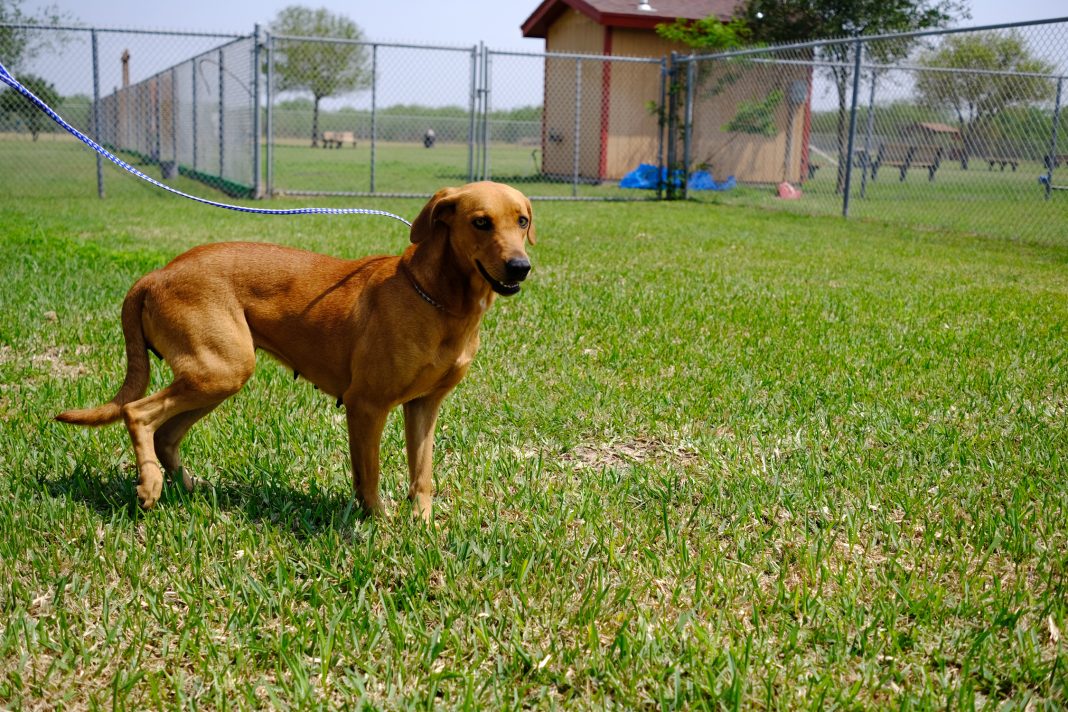It wasn’t giving our citizens the chance to even come in and adopt. We advocate saving lives and the hours weren’t conducive to our publics’ needs.
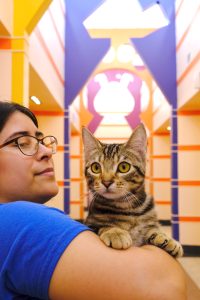
A pilot program to get more animals adopted at the Brownsville Animal Regulation Care Center, or simply known as the Brownsville Animal Shelter, is working.
The pilot program began about three weeks ago, and the shelter has seen an increase in the number of animals being adopted, said Dr. Antonio Caldwell, deputy director of animal services for the City of Brownsville.
“I recognized right away when I got onboard that opening 1 to 4:30 wasn’t adequate. It wasn’t giving our citizens the chance to even come in and adopt. We advocate saving lives and the hours weren’t conducive to our publics’ needs,” Caldwell said.
In came the pilot program, which changed the hours the shelter is open. It’s open Monday through Thursday, 1 to 7 p.m., Friday, 1 to 5 p.m. and Saturday, 11 a.m. to 5 p.m.
Previously, the shelter was closed on the weekends and open from 1 to 4:30 p.m. weekdays.
“The shift in hours has actually given us the highest adoption numbers we have had in the past 12 months,” Caldwell said.
For March, the shelter had close to 128 adoptions. In February, the shelter had about 68 adoptions.
And although the adoption numbers are up, so are the numbers of pets coming into the shelter. It’s spring, which means the shelter is seeing a lot of kittens and puppies being brought in, Caldwell said.
“People are dropping them off boxes by boxes so it’s not making a dent just yet just because of the time of the year it is but we are happy to report that we’ve had the highest numbers in 12 months for adoptions for the month of March and the biggest contributor to that was our extended operating hours,” Caldwell said.
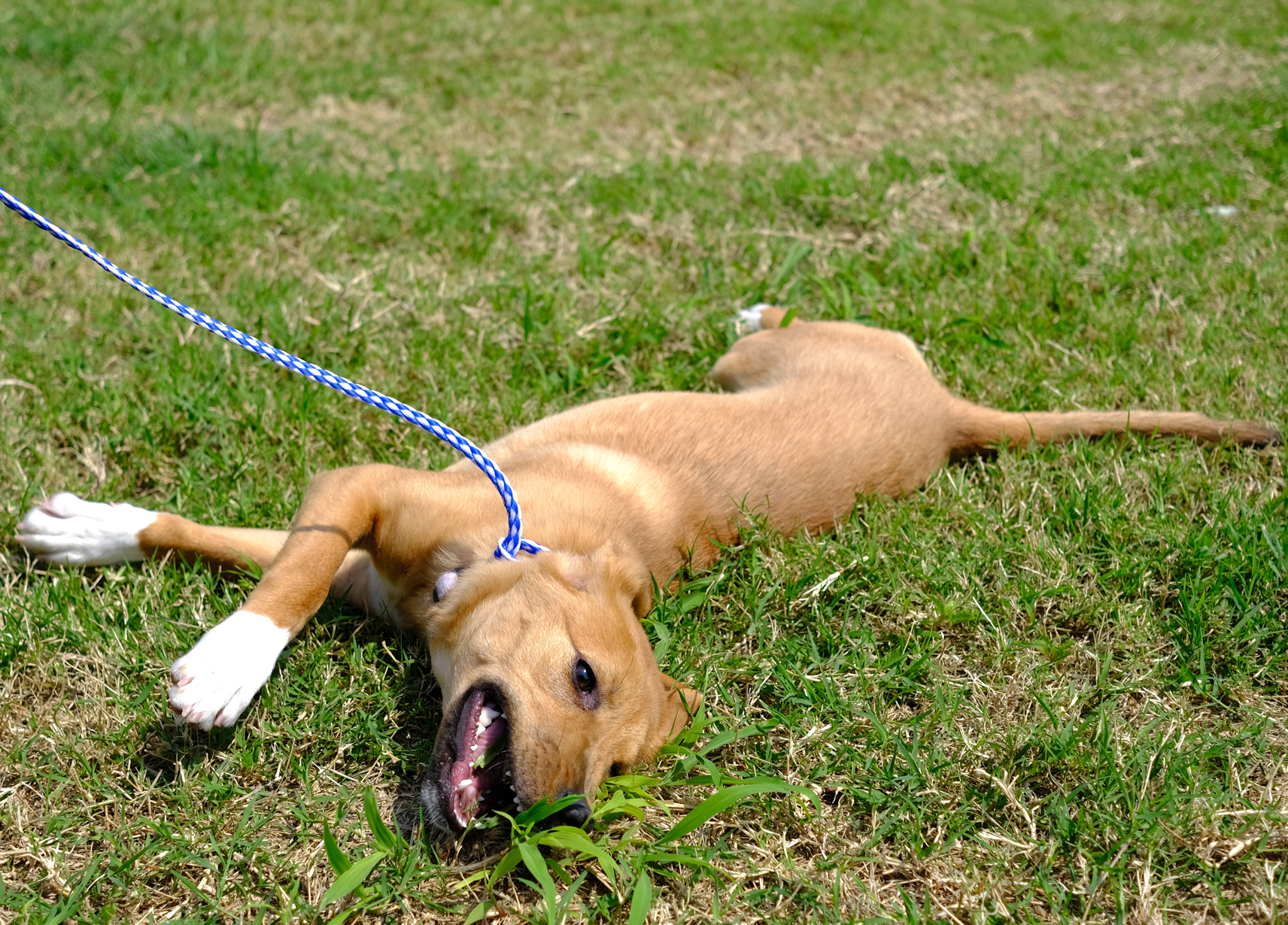
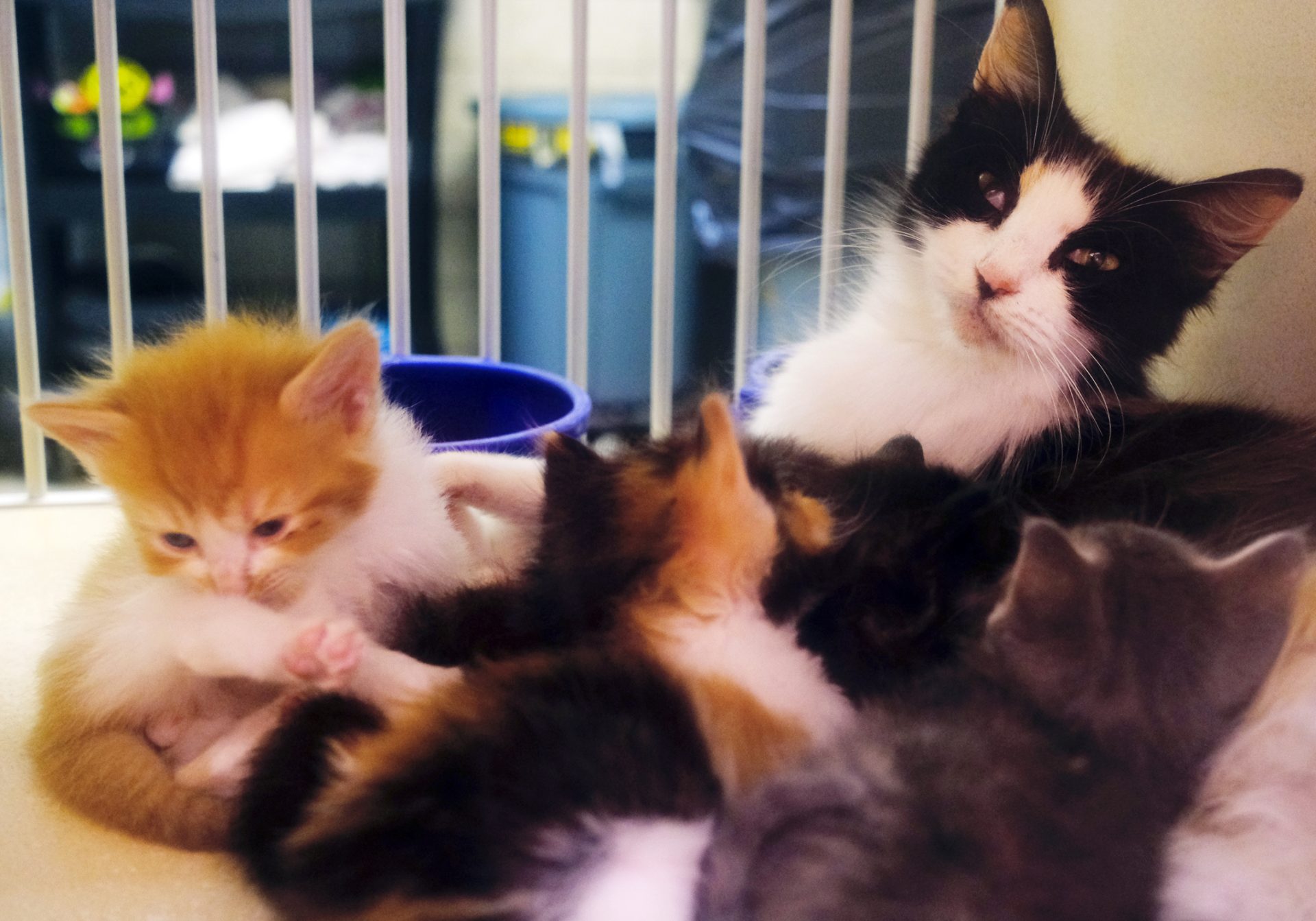
Caldwell said feedback from the public in the change in hours has been positive, with some saying “it’s about time” for families being able to visit the shelter on Saturday mornings to pick out a pet.
The shelter has some dobermanns, dachshunds, and chihuahuas plus other dogs up for adoption. “We get new breeds every day. If you don’t see something that you like come back the very next day and we are bound to find a pet you will fall in love with,” Caldwell said.
As would be expected, puppies are the ones to get adopted quickly, with it taking a little longer for the older dogs to get adopted.
“We do need people to adopt the more mature dogs as well. That is something that we need,” Caldwell said.
Caldwell said the shelter tries to hold onto all dogs as long as they can until the shelter is filled to capacity and that is when hard decisions have to be made to put the animals down.
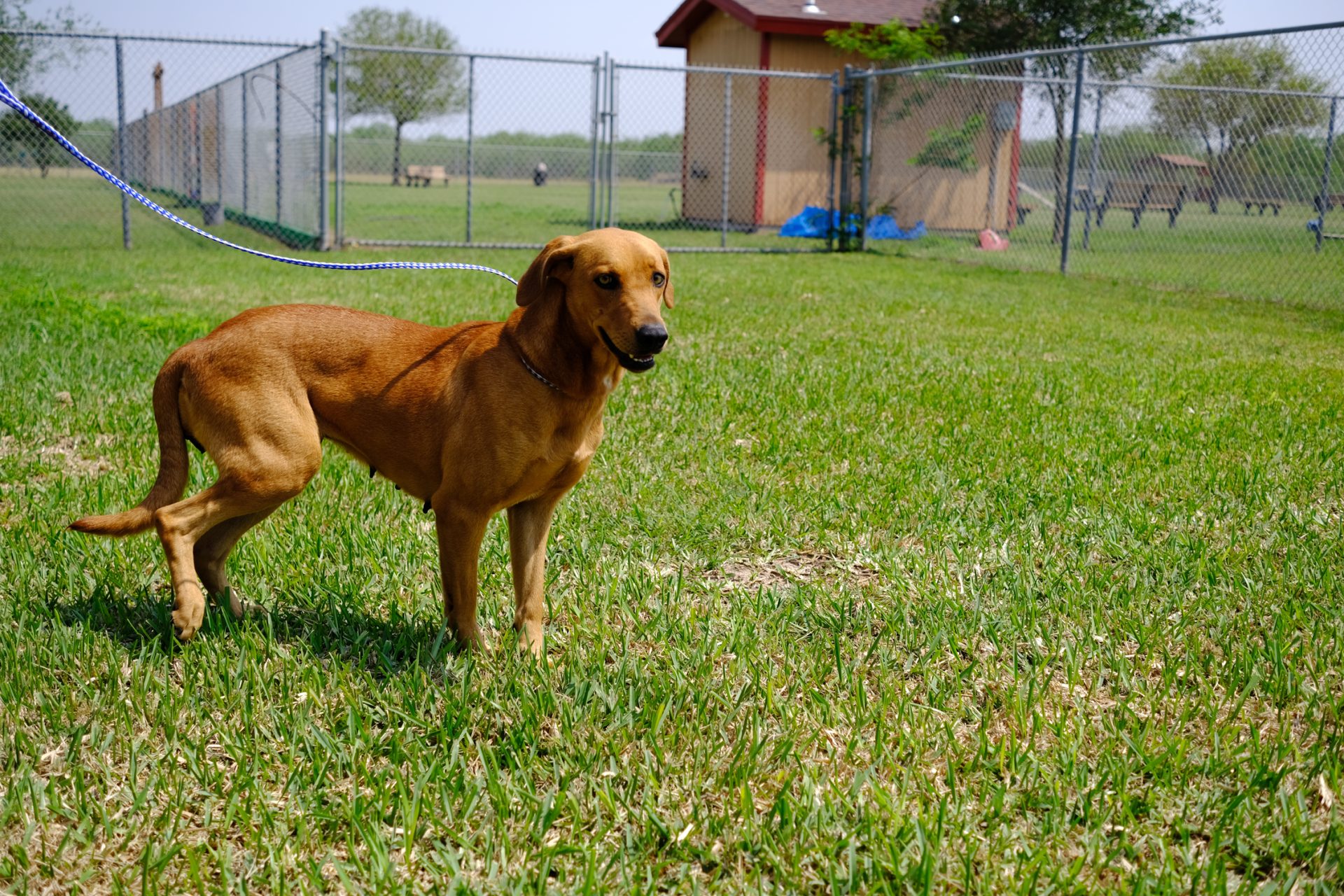
Caldwell said one woman recently brought in six adult dogs and eight puppies, so workers had to make room for them. “This is just one citizen. Just imagine on a daily, hourly basis of the influxes coming in.”
This is why the shelter and animal rescue groups stress the importance of getting dogs and cats spayed and neutered.
The shelter also has an influx of kittens and is seeking volunteers to foster them until they are old enough to be adopted.
Caldwell said he expects the pilot program to continue through April and a decision will more than likely be made in May as to what the permanent operation hours for the shelter will be.
Adoption fees are $99 per dog or cat. The fee is $49 for university students, teachers, public servants, military, and those in the medical field.
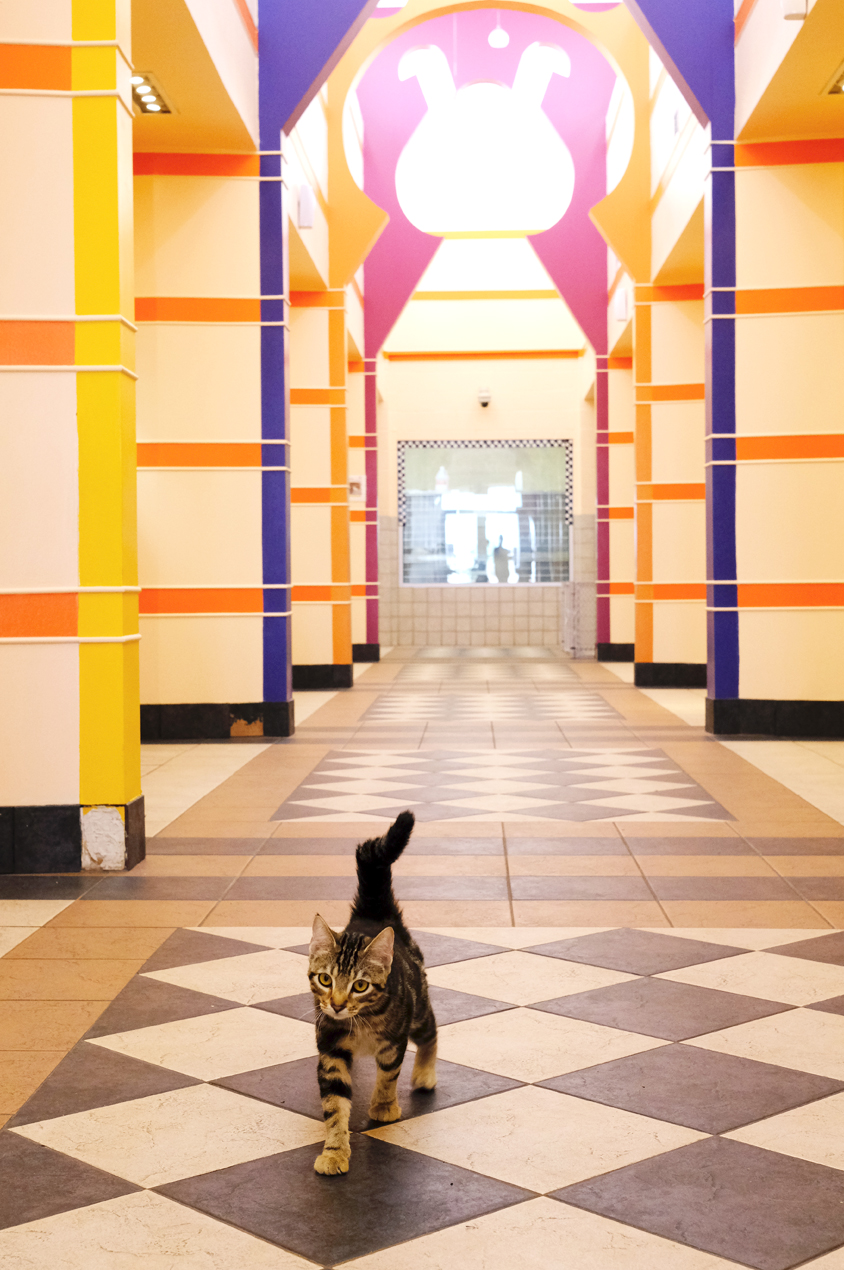
The fees include spay/neuter, rabies vaccine, microchip, vaccinations, deworming, heartworm testing, first dose of flea and tick prevention, FIV and FELV testing, and first dose of heartworm prevention and deworming.
The City of Brownsville’s Public Health Department is also hosting a series of rabies clinics at various BISD campuses. A list can be found at: https://www.brownsvilletx.gov/1983/Rabies-Clinic-Schedule
The Brownsville Animal Regulation Care Center is located at 416 FM 511, Olmito.

